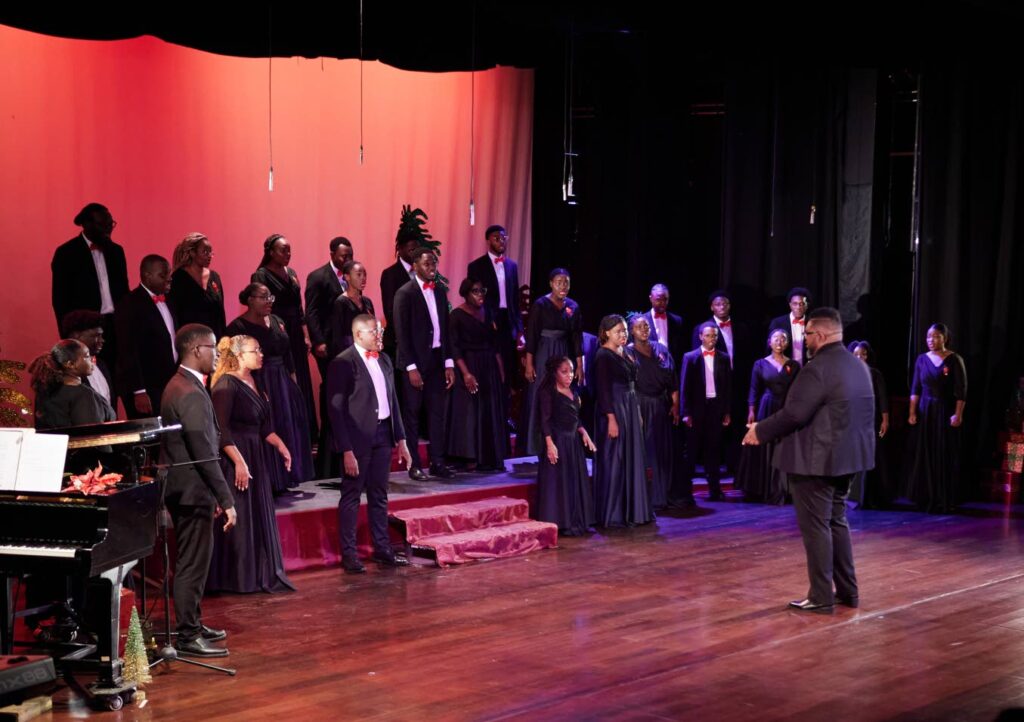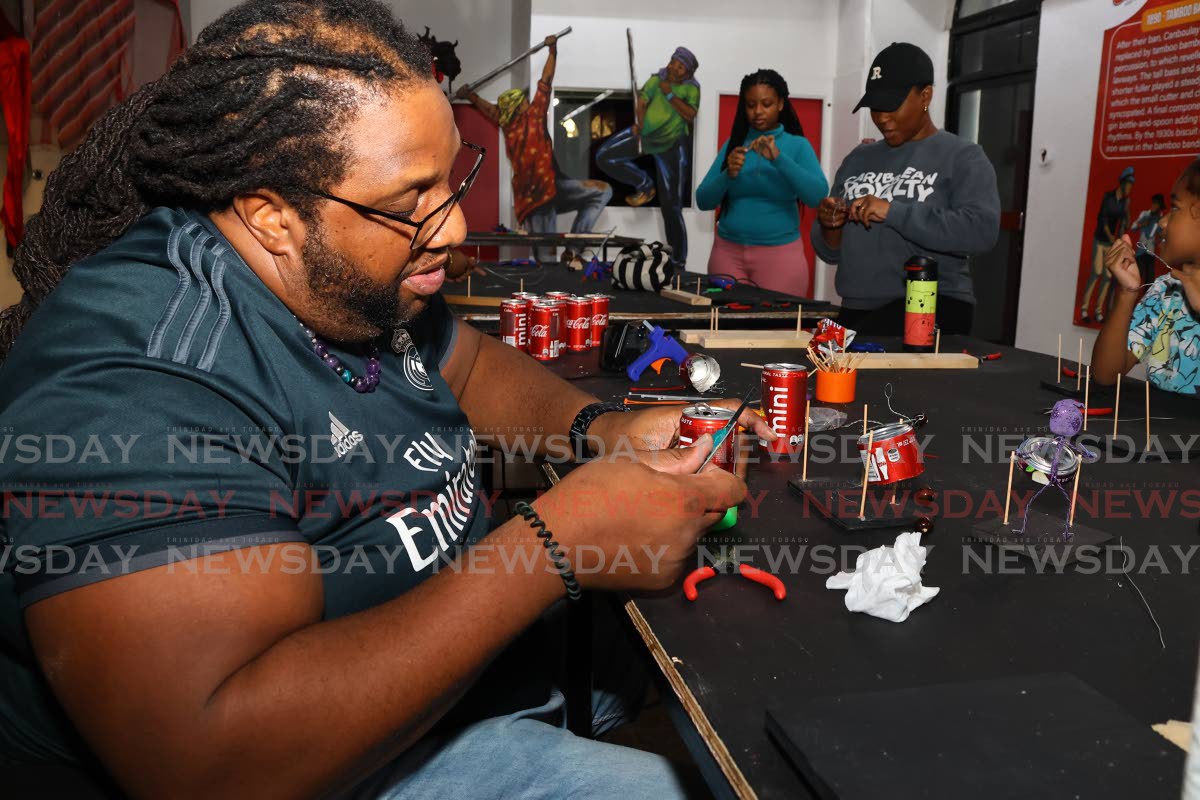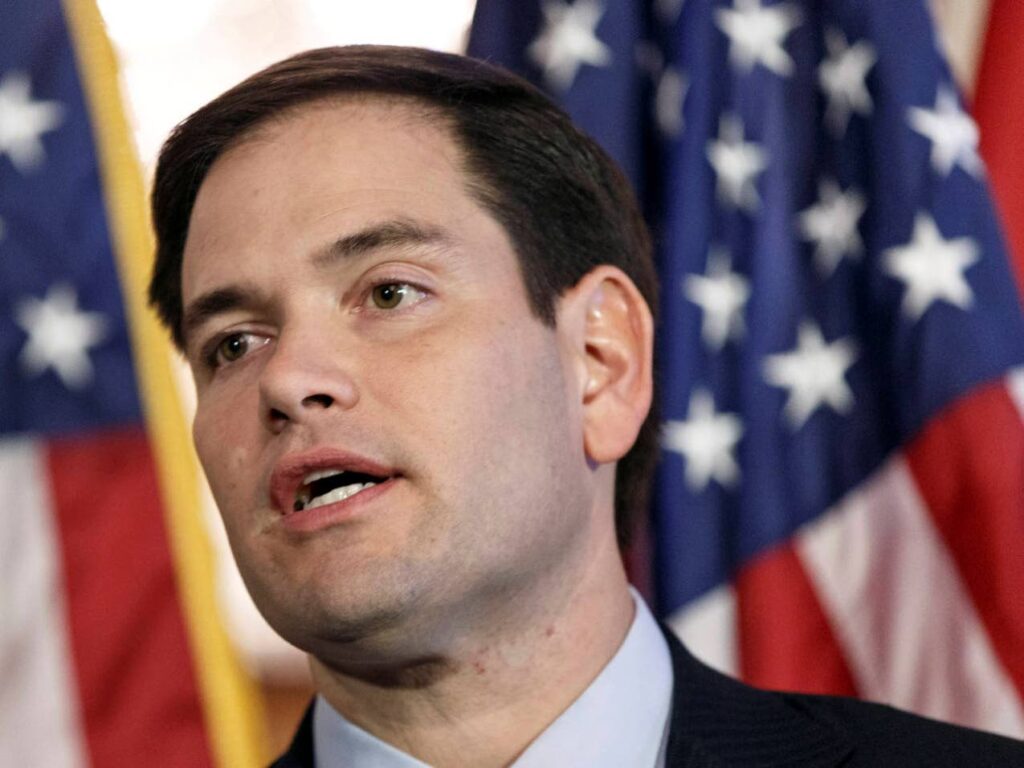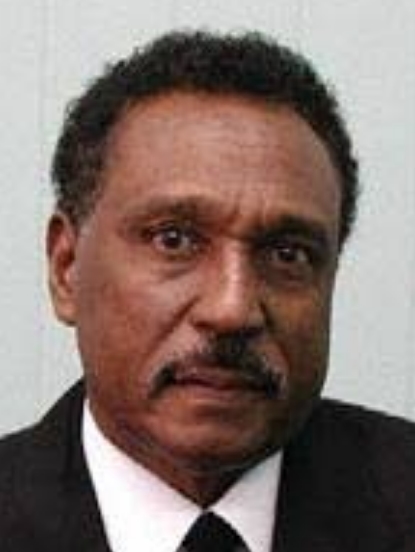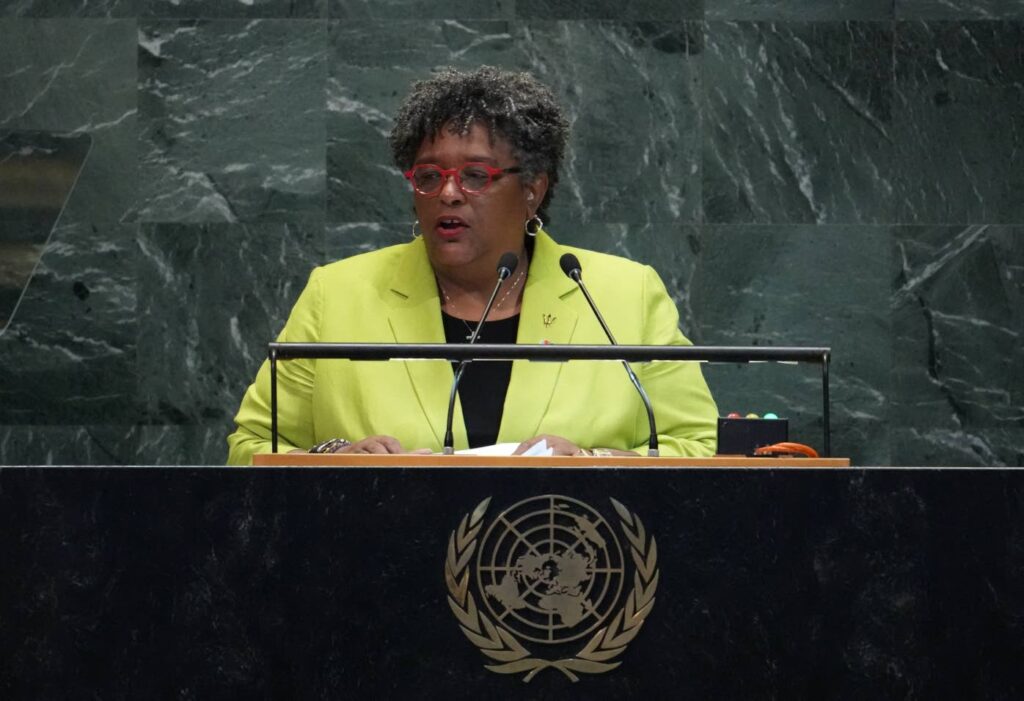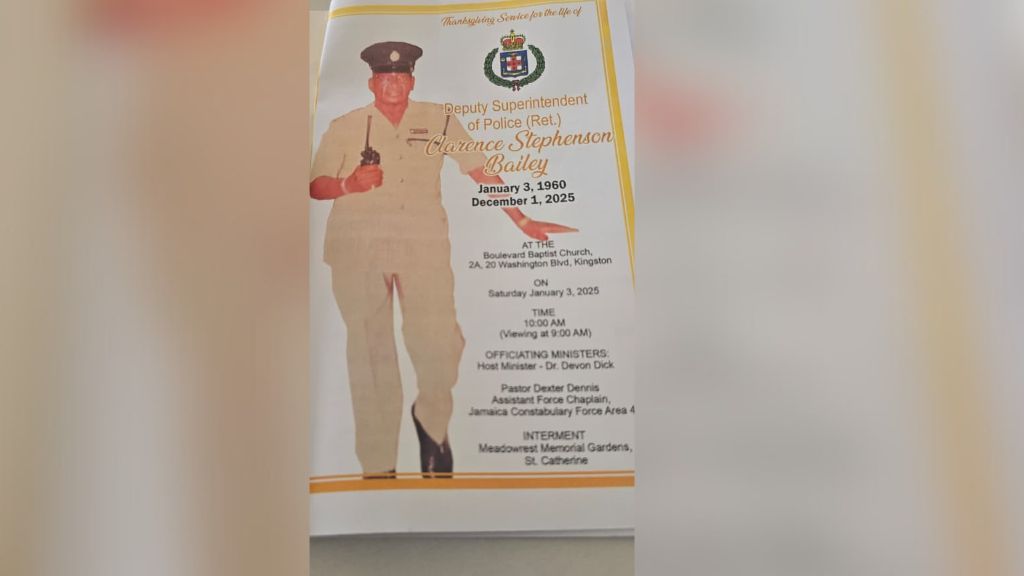Jamaican international footballer Ravel Morrison has publicly criticized the Jamaica Football Federation (JFF) for its technical staff selections during the critical final round of FIFA World Cup qualifying matches held between September and November last year. The Reggae Boyz midfielder contends that the inclusion of former national players in coaching roles would have significantly enhanced Jamaica’s chances of securing World Cup qualification.
Morrison specifically advocated for a technical team comprising Adrian Mariappa, Paul Hall, and Theodore ‘Tappa’ Whitmore, citing their extensive experience and historical successes with the national team. Whitmore’s previous tenure as head coach was notably productive, encompassing a Caribbean Cup victory, consecutive Gold Cup final and semi-final appearances in 2017 and 2019 respectively, and successful promotion to League A in the CONCACAF Nations League.
The 32-year-old midfielder, who made his last international appearance among 21 caps in 2023, was notably excluded from selection during English manager Steve McClaren’s reign. McClaren resigned following Jamaica’s failure to secure automatic World Cup qualification, culminating in a disappointing scoreless draw against first-time qualifiers Curaçao in their final group match.
During a recent appearance on the Filthy Fellas podcast, Morrison attributed the qualification failure directly to McClaren’s management approach, stating the coach ‘changed the whole team’ and disrupted established on-field connections, particularly Morrison’s effective partnership with fellow midfielder Bobby Reid.
The technical leadership has since transitioned to Rudolph Speid, technical director of Jamaica Premier League champions Cavalier and former chairman of the JFF’s Technical Committee. Speid will serve as interim head coach for the upcoming FIFA Intercontinental Play-offs in March, where Jamaica will face New Caledonia for a chance to play the Democratic Republic of Congo for a World Cup slot.
While not dismissing a potential return to international football, Morrison emphasized that former players like Mariappa—now holding a coaching position at Watford FC and possessing a Global Football Sports Directorship Diploma—possess the ideal qualifications to guide the national team. The podcast discussion also highlighted former striker Ricardo Fuller, currently part of Stoke City FC’s technical setup, as another suitable candidate for the head coaching role.
Morrison, currently playing for UAE second-division side Arabian Falcons, acknowledged his continued capability to compete in English football, though he ruled out any potential return to the Premier League.


